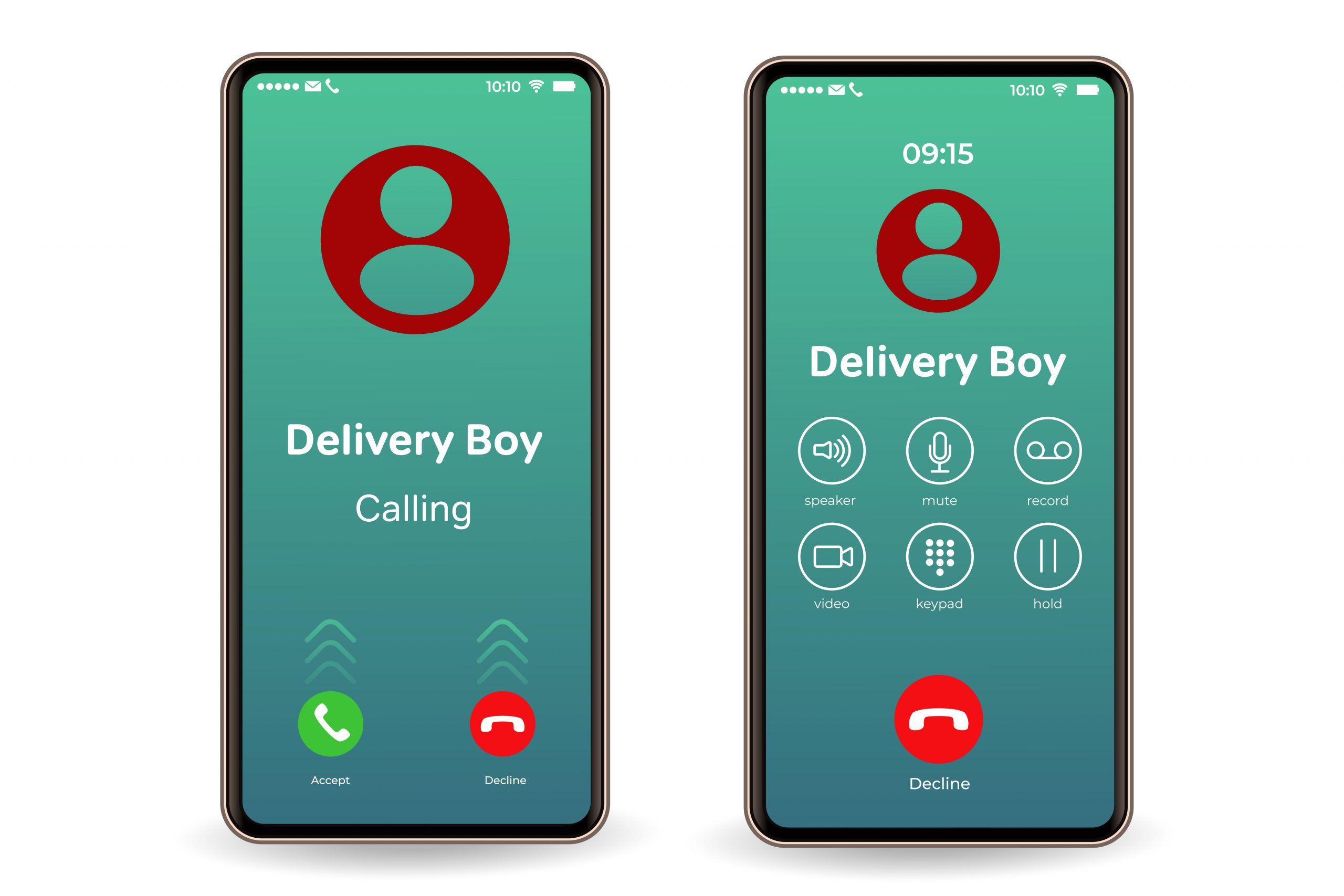Common mistakes to avoid while implementing WhatsApp Business API
-
March 13, 2024
-
7 min read

The WhatsApp Business API has become an indispensable tool for businesses aiming to optimise their customer engagement strategies. With the global reach and popularity of WhatsApp, integrating its business API offers a direct and personal channel to connect with customers, offering vast potential for businesses across various industries.
The WhatsApp Business API stands out as a more advanced and versatile solution compared to the standard WhatsApp Business app. Designed primarily for medium to large-sized businesses, it provides the capability to automate, sort, and quickly respond to messages on a large scale. This technology enables businesses to handle customer communications more efficiently, offering features like automated chatbots, quick replies, and integration with existing CRM systems.
However, as promising as it sounds, implementing the WhatsApp Business API is not without its challenges. It requires careful planning, a clear understanding of the platform’s capabilities, and a strategic approach to integration within existing business processes.
For businesses venturing into this territory, the key to success lies in not only leveraging the technical features of the API but also in understanding the nuances of effective communication through this platform.
In this article, we delve into the WhatsApp Business API, shedding light on its functionalities and advantages. More importantly, we identify common pitfalls and business WhatsApp problems that companies often encounter during its implementation. These insights aim to guide businesses in smoothly integrating the WhatsApp Business API into their communication strategy, ensuring they maximise its benefits while avoiding potential setbacks.
By understanding these common challenges and how to navigate them, businesses can effectively harness the power of WhatsApp to enhance their customer interactions, streamline communication processes, and ultimately drive growth and customer satisfaction in the digital age.
Understanding the WhatsApp Business API implementation
Before delving into implementation errors, it’s vital to comprehend the WhatsApp Business API and how it contrasts with the standard WhatsApp Business app. This advanced version is tailored for medium to large businesses, designed to manage large-scale, personalised customer interactions.
Unlike the app, which suits smaller operations, the API integrates seamlessly with existing business systems, automating and streamlining communication processes.
Key features of the API include automated responses, chatbot integration, and the ability to handle a high volume of messages efficiently. It’s particularly advantageous for businesses that require complex customer interaction management and want to integrate these communications into broader customer service or CRM systems.
Understanding these WhatsApp Business problems is essential in effectively utilising the API and avoiding common implementation mistakes.
Common mistake 1: Overlooking the approval process
A common misstep in implementing the WhatsApp Business API is neglecting the importance of the approval process. WhatsApp enforces strict guidelines and standards that businesses must meet for API access. These guidelines are designed to ensure quality communication and prevent misuse, such as spamming.
Overlooking these requirements can result in delays or rejection in gaining API access, impacting the planned roll-out of services.
Therefore, it is crucial for businesses to familiarise themselves with WhatsApp’s policies and prepare a comprehensive application that aligns with these standards to avoid setbacks in implementing the API.
Common mistake 2: Inadequate Training and familiarisation
Failing to provide adequate training and familiarisation for staff is another reason for a company’s WhatsApp Business not working. The API offers a suite of advanced features and functionalities that differ substantially from those of the standard WhatsApp Business app. These features, while powerful, can be complex and require a comprehensive understanding to be used effectively.
The gap in training can lead to several issues:
- Underutilisation of features: Without proper knowledge, staff may only use a fraction of the API’s capabilities, missing out on opportunities to enhance customer interaction and streamline communication processes.
- Operational inefficiencies: Lack of familiarity with the API can result in operational delays, as employees take longer to navigate and use the system effectively.
- Communication errors: Inadequately trained staff are more likely to make errors in handling customer queries, which can lead to misinformation and customer dissatisfaction.
To address this, businesses should invest in thorough training programs that cover all aspects of the WhatsApp Business API. This should include hands-on sessions where staff can practice using the system and understand how to integrate it into their daily workflows. Regular update sessions are also important to keep the team informed about any new features or changes to the API.
Effective training ensures that the team is confident in using the tool, which translates to more efficient operations and a better overall customer experience. Businesses might consider seeking external training resources or assistance from experienced service providers to ensure their team is fully prepared to leverage the WhatsApp Business API.
Common mistake 3: Ignoring data privacy and security
In the eagerness to deploy the API and capitalise on its benefits, businesses sometimes underestimate the importance of safeguarding customer data.
This lapse can have significant repercussions, given the sensitivity and confidentiality of the information exchanged over WhatsApp.
To avoid this mistake, businesses need to:
- Thoroughly assess their data handling and storage practices in line with the WhatsApp Business API.
- Implement robust security protocols, including encryption and secure access controls.
- Regularly update their privacy policies and ensure transparent communication with customers regarding how their data is used.
- Stay updated on data protection regulations and adjust their practices accordingly.
Common mistake 4: Underestimating technical requirements
A significant oversight in implementing the WhatsApp Business API is underestimating its technical requirements for integration with existing systems. This miscalculation can lead to several issues:
- Integration challenges: Properly integrating the API with existing CRM systems and databases requires technical know-how. Inadequate integration can disrupt communication flows and lead to functional shortcomings.
- Insufficient resources: The API often demands specific hardware and skilled personnel. Not allocating the right resources can result in delays and suboptimal performance.
- Performance and user experience: If not properly set up, the API might not function at its full potential, causing slow message processing and impacting user experience.
- Data management: The API generates valuable data which needs to be correctly managed and analysed. Without suitable technical arrangements, key insights might be overlooked.
To mitigate these issues, businesses should conduct a detailed technical assessment, seek expertise for integration, and ensure robust infrastructure support.
Common mistake 5: Neglecting customer experience
A critical error in implementing the WhatsApp Business API is neglecting the overall customer experience.
Often, businesses overly focus on the operational and technical aspects, losing sight of the end-user’s perspective. This oversight can lead to several issues:
- Impersonal communication: Overemphasis on automation and operational efficiency may result in impersonal customer interactions, diminishing the quality of engagement.
- Failure to utilise feedback: Ignoring customer feedback in designing WhatsApp interactions can create a disconnect, as the service may not align with customer preferences or expectations.
- Complex interfaces: Making the interface too complex or not user-friendly can frustrate customers, leading to a negative experience.
Ensuring Success with Airtel IQ’s Expertise
The implementation of WhatsApp Business API holds immense potential for businesses looking to elevate their customer communication and streamline operational processes. However, the path to a successful integration is laden with potential pitfalls.
From providing adequate training to staff to maintaining data privacy and security – each aspect requires careful consideration and strategic planning.
Whether it’s navigating the approval process, technical setup, or optimising the API for enhanced customer experiences, Airtel IQ’s suite of services is designed to simplify and enhance the process.
Take the first step towards revolutionising your customer communication. Get in touch with Airtel IQ’s WhatsApp corporate API to completely transform your corporate communication strategy.
 Share
Share









